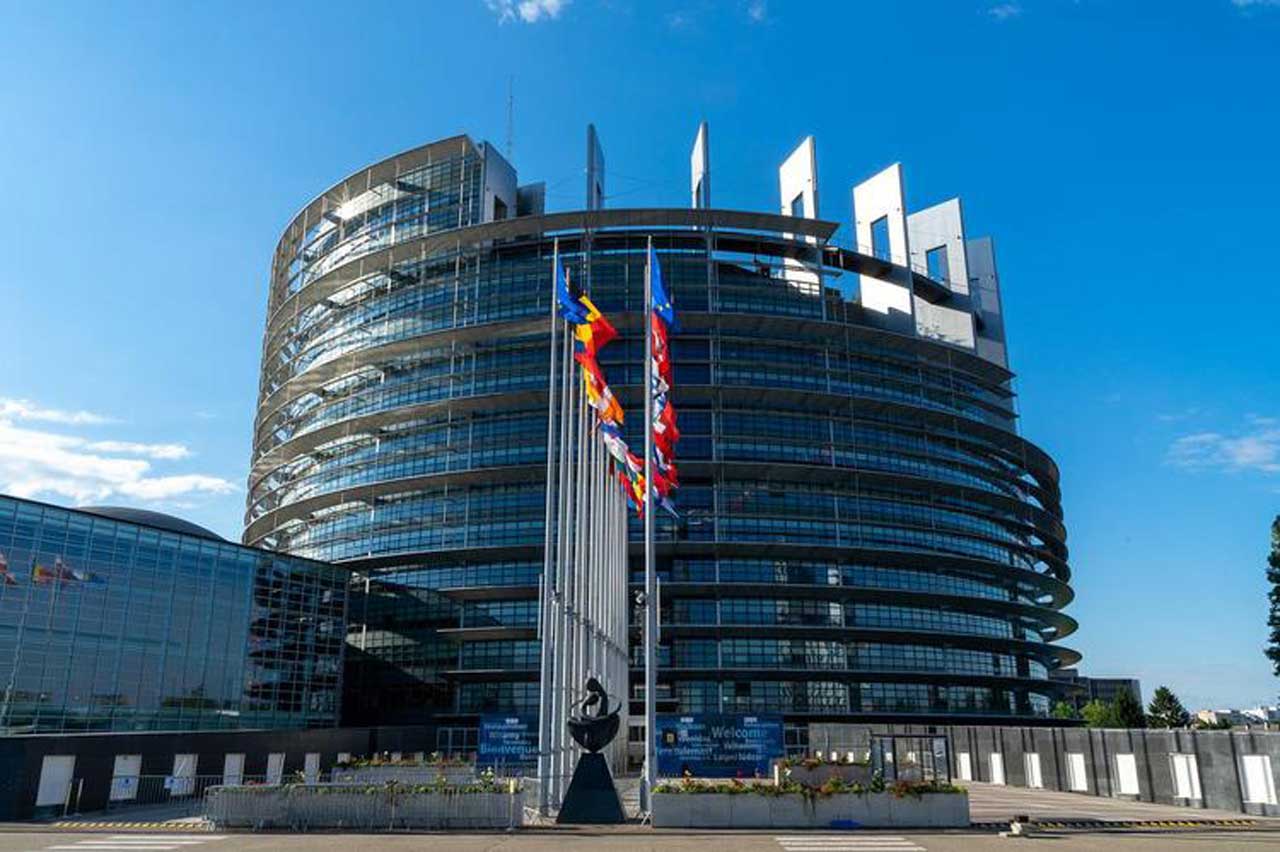The Ministers for Foreign Affairs of the Member States of the European Union meet this week on 30 and 31 August, that is, on Tuesday and Wednesday, at an informal meeting in Prague. The purpose of the meeting is the issue of a proposed ban on entry into Europe of tourists from Russia.
Instead of a ban, which is actually supported by less than half of member states, the Financial Times reports that it appears that ministers will suspend the visa facilitation agreement signed with Russia back in 2007.
In February 2022, the EU Commission partially abolished the simplified visa regime with Russia. This affected the following categories of Russians:
- members of official Russian delegations;
- members of Russian governments and parliaments;
- members of the Constitutional Court and the Supreme Court of the Russian Federation;
- holders of diplomatic passports of the Russian Federation;
- Russian businessmen and representatives of business circles
Thus, the categories of Russian citizens listed in the document can no longer enjoy the benefits of fast visas, as a result of which they will have to pay higher fees, wait longer for an appointment and a response to their applications. They are now subject to “regular”, that is, more stringent than before, visa requirements.
Now the EU Foreign Ministers want to deprive all Russian citizens without exception of preferential treatment. However, this measure may not be the only one taken in the next two days.
Other steps taken by the Europeans include, for example, limiting the number of visas issued to Russian tourists. The proposed ban on entry for all Russians will also be discussed at the meeting, although this proposal is unlikely to be approved.
Among those who do not support the ban on the entry of Russians into Europe is German Chancellor Olaf Scholz. He insists that sanctions should not be imposed on ordinary citizens.
There are those who support the extreme idea. They have now moved to individual bans for Russian tourists, with Estonia being the first to ban any tourist with a Russian passport from entering its territory.

